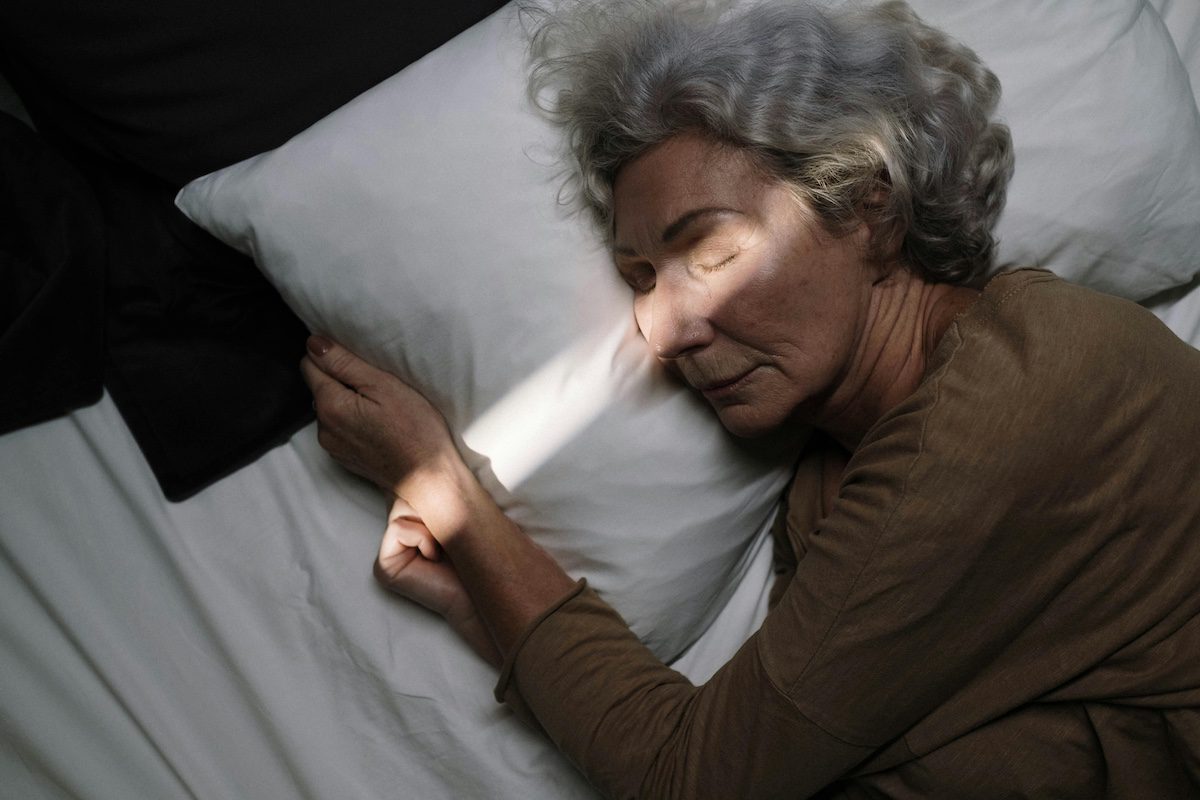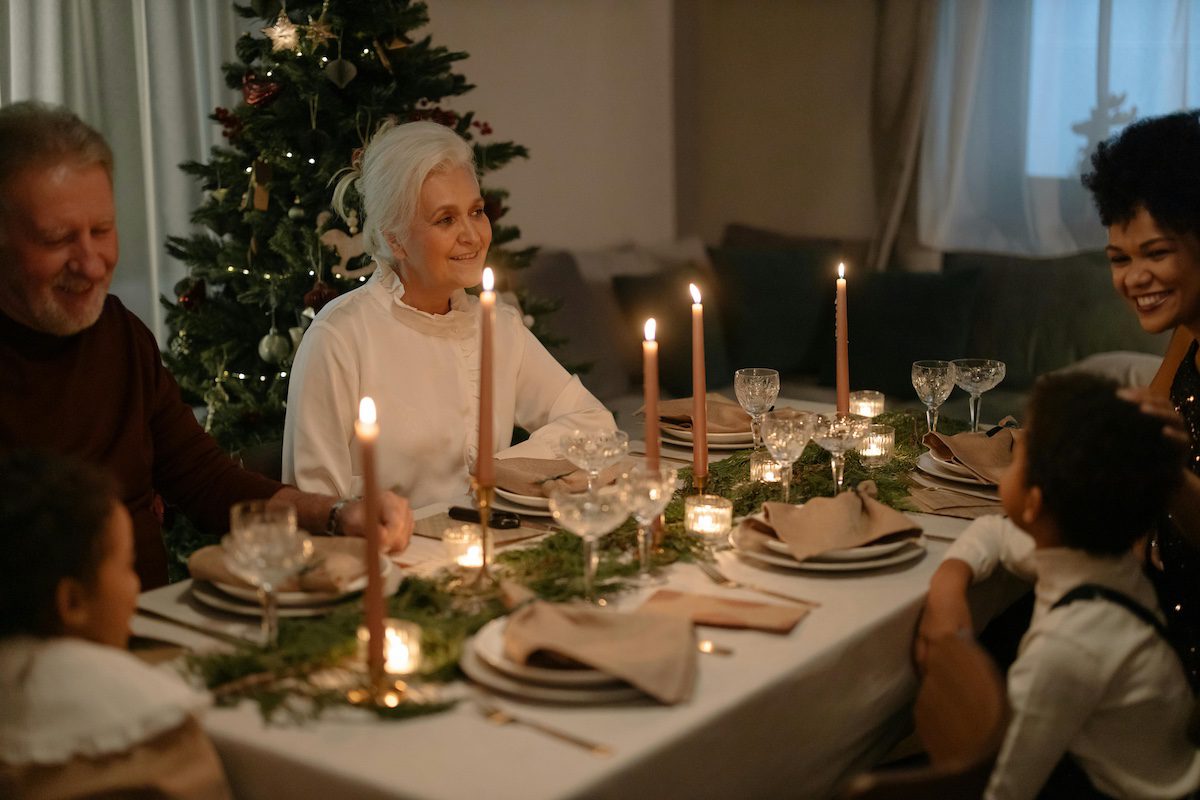When the time comes for a loved one to pass, there are likely a million questions going through your mind. What can I do to help my loved one? How can I let them know that I’m here for them? What is going to happen during this final stage of their life?
We understand your uncertainty, and we want to help you support your loved one during this time of transition. As your loved one is dying, we’re here to help you keep them feeling safe and secure. By observing their physical, mental and spiritual needs, you can ensure you’re helping ease their passing.
Keep reading for our guide on how to best care for your dying loved one.
Physical needs
As one is dying, their body goes through a number of changes. They may be less conscious and they may not respond to any external stimuli. It’s also possible that they may experience delirium or delusion and may be unsure of what is going on around them. You should expect the unexpected – there is no guaranteed process for how death will occur, so there is no way to predict what will happen next.
If they are still able to get up and move around, do your best to ensure their safety by providing a walker or cane to prevent falls. If they are unable to move, you’ll need to keep a close eye on their skin. When one is laying in bed for a long time without moving, bedsores can appear. Your hospice worker will keep a close eye on any skin conditions and make sure to move your loved one to prevent this.
Mental needs
If your loved one is still able to speak, you may want to continue conversation. Be aware that hearing is usually one of the last senses to go, so even if they cannot talk back, you may still be able to hear you. Depending on your relationship, you may still want to settle past conflicts and make it known that you care for them. In his famous book, The Four Things That Matter Most, Ira Byock says there are four things that people need to hear at the end of their life:
- I love you
- Thank you
- I forgive you
- Please forgive me
Keep this in mind as you converse with your loved one. If there is anything left you need to say, now is the time to say it. Respect their needs and speak about any problems they wish to resolve or feelings they have.
Spiritual needs
As one is dying, they may have certain rituals and traditions they wish to happen before they pass. It’s important to have an understanding of what specifically they would want to occur before death. If it includes any amount of planning, you’ll need to coordinate with the hospital or hospice. After death, they may have more spiritual rituals or traditions they wish to occur. Try to get this in writing early on so that you can ensure their needs are met.
Do you need assistance caring for a dying loved one?
Seasons Hospice of Tulsa or Seasons Hospice of Muskogee would be more than happy to serve you and your loved one. Contact us for more information regarding our services. Our trained team is here to support you through this time in your life.



